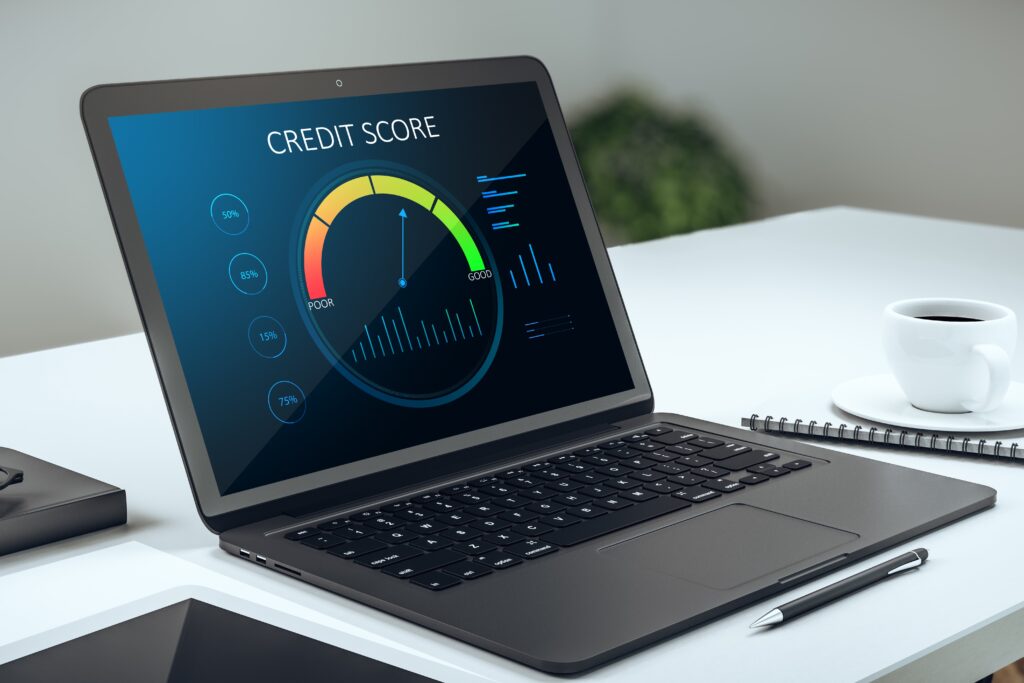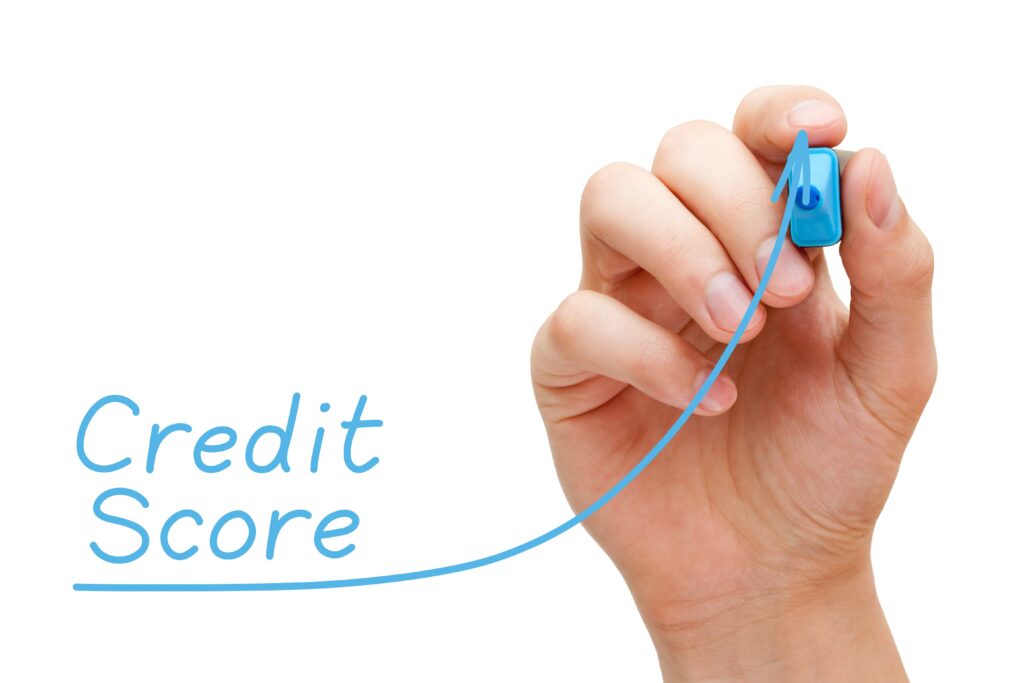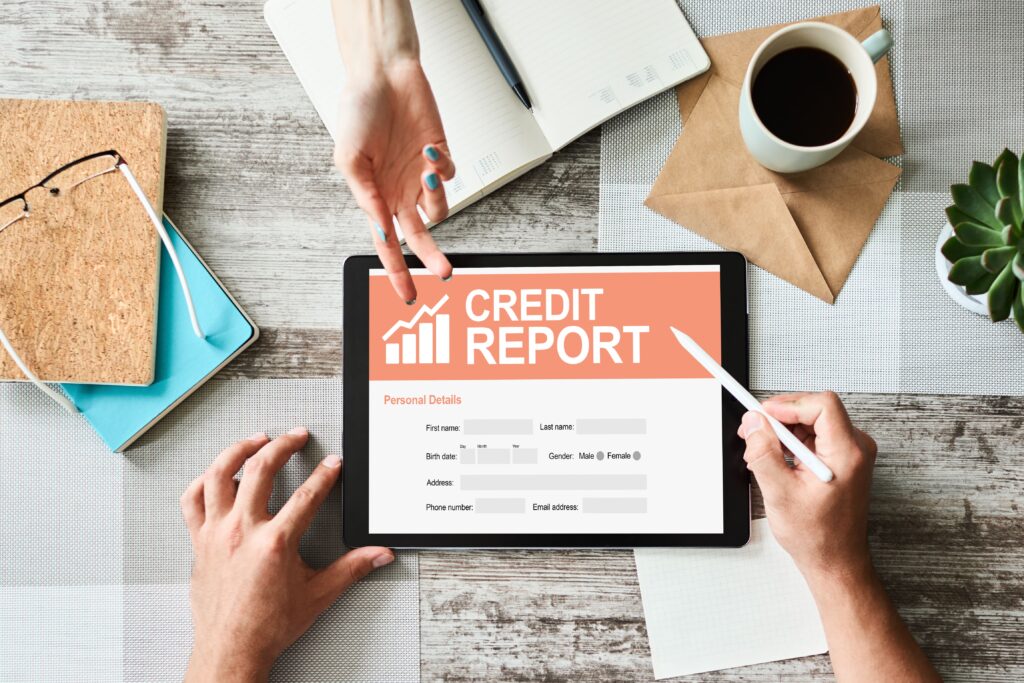Most debt relief companies does not specify a minimum credit score requirement. However, most debt companies does mandate evidence of prolonged financial hardship, along with a minimum of $10,000 in unsecured debt, and being in arrears on payments. A specific credit score is not outlined by Debtinate or the other major debt settlement companies.
There is No Minimum Credit Score Required for Most Debt Relief Programs
Are you seeking debt advice to help you manage credit lines, credit cards, and high-interest loans? Do you have many credit cards with rising variable interest rates with several lenders? High-interest rates, multiple payment dates, and high-interest rates could overwhelm you. But a solution is to take out a loan to consolidate several debts into one loan. This loan to consolidate your many debts is a form of a personal loan but often has a lower rate. Second mortgages require goof credit scores in most cases. Can you qualify for these debt reduction loans, and what will the rates be?
Why Get a Debt Relief Loan to Limit Your Credit Card Debt?

Do you want to save money and reduce the payments you make each month? Getting another personal loan to consolidate all debts is a good move. Consider these advantages:
- Pay down your debts faster: If you make minimum credit card payments, you pay high interest over time, and it could be many years before they are paid off. A loan to consolidate your debts can put you on a faster path to pay off your debts.
- Reduce interest costs: If you get a lower rate on your new consolidation loan for debts, you will save on interest. In April 2023, the average rate on credit cards was 20.6%, and 10.80% for personal loans and loans to consolidate your debts.
- Reduce the number of due dates: It is easier for most people to make one loan payment per month than five, six, or more. When you make fewer payments, there is less chance of missing a payment, which is never good for your credit.
- Fixed schedule: Credit card accounts are revolving. Some people never pay them off, paying thousands in unnecessary interest. On the other hand, a loan for consolidating your consumer debt has fixed payments, and you know when the loan will be paid off.
Importance of Credit Score in Debt Relief Loans

A credit score is a three-digit number that reflects your creditworthiness. It is derived from your credit report, which contains information about your credit history, outstanding loans, and repayment behavior. The higher your credit score, the more likely lenders consider you a low-risk borrower. Debt consolidation loans can help your credit score increase.
Types of Debt Relief Loans
Several types of loans can help you reduce your debt, such as:
- Personal loans
- Balance transfer credit cards
- Bill consolidation loans
- Home equity loans or lines of credit
Credit Scores to Qualify for a Loan to Reduce Your Debts
Different lenders have different rates for these loans. Still, you will generally need at least a 600 to 660 credit score to qualify. However, if you have average or poor credit, the interest rate could be 20% or more, similar to many credit cards today. If you have average credit and have a higher rate to get this loan consolidating your debts, compare it to your credit cards to determine if moving the debt to a new loan is a good idea.
If you have good credit above 680, you can be approved for many loans to consolidate your debts. You can often get an interest rate below 10% with good credit. Compare several loans and find the one with the lowest rate and origination fee.
If you want to qualify for a lower interest rate for your new loan to consolidate your debts, consider these tips:
- Make all payments on time: If you miss even one payment, you will have a lower credit score, and your new loan will have a higher rate. Make all payments on time for at least a year to see the best interest rate for the consolidation loan.
- Have a mix of debt: Having a mortgage, car payment, and student loan, as well as credit cards, can give you a higher score than if it is all just credit cards.
- Pay down debt: If you can swing it, consider paying off at least one credit card. When your credit utilization drops, your score will increase quickly.
Credit Score Requirements for Different Debt Reduction Loans
Below are the credit score requirements for each type of debt reduction loan, including:
Personal Loans
A credit score of 660 or higher for a personal loan is usually considered “good.” It can help you secure better interest rates. However, some lenders may offer loans to borrowers with lower scores but at higher interest rates.
Balance Transfer Credit Cards
Balance transfer credit cards allow you to transfer high-interest debt to a card with a lower interest rate or a promotional 0% APR period. To qualify for the best balance transfer offers, you typically need a credit score of at least 670.
Bill Consolidation Loans
Bill consolidation loans combine multiple debts into a single loan with a lower interest rate. To qualify for a personal consolidation loan, you generally need a credit score of at least 680.
Home Equity Loans or Lines of Credit
Home equity loans or lines of credit use your home as collateral and typically require a credit score of at least 620. However, a higher score of 740 or above is recommended to secure the best HELOC interest rates.
How To Know If Refinancing Debt Is a Smart Move
You may want to consider a consolidation loan for all of your debts in these cases:
- You qualify for a lower rate than your credit cards: You can expect as low as a 10% rate for a consolidation loan if you have good credit, which is much lower than credit cards. This saves a lot in interest, so moving to the new loan could be great for your finances.
- You have decent credit: You can get a consolidation loan if you score under 660, but the rate could be too high to justify making a change. If you have 700 credit, you will get the best rates.
- You want a fixed monthly payment. Going to a consolidation loan could be smart if you want a fixed payment that does not change. But it is only a good move if you can afford that payment.
- You want to pay one creditor: Many of us get tired of juggling several credit card payments, but with this new loan, you only have one payment date.
- You can resist the temptation to use credit cards again: Many people find that if they have a zero-balance credit card available, they are tempted to run it up again. Getting a consolidation loan could be a smart decision if you can avoid that issue. Put the credit card in your desk drawer and only use it for emergencies. That way, you are not tempted to pull the card to pay for groceries and other daily expenses.
How to Improve Your Credit Score

Below are some helpful tips to improve your credit score, including:
Check Your Credit Report for Errors
One of the first steps in improving your credit score is to ensure that your credit report is accurate. Obtain a free copy of your credit report and review it for any errors or discrepancies. If you find any, report them to the credit bureau immediately.
Pay Your Bills on Time
Late payments can significantly impact your credit score. To avoid this, always pay your bills on time, even if it’s just the minimum payment.
Reduce Your Credit Utilization Ratio
Your credit utilization ratio is the percentage of your available credit that you’re using. Ideally, it would be best to keep this ratio below 30%. To do this, consider paying off your outstanding balances and avoid maxing out your credit cards.
Don’t Apply for New Credit Too Often
Each time you apply for new credit, a hard inquiry is made on your credit report, which can lower your credit score. Limit the number of applications you make and only apply for credit when necessary.
Debt Relief Loans Conclusion

Getting a personal consolidation loan is a significant financial decision you must consider carefully with professional consultants specializing in debt advice. Of course, a lower fixed rate loan can be a smart choice if the interest rate is lower and having only one monthly payment minimizes stress.
We suggest verifying that the payment period is fixed and that you know when the debt will be paid off. Talk to several trusted debt advisors to determine whether credit counseling or a consolidation loan for your debts works best for your financial future. To speak to a professional, Contact Us today if you are interested in a debt reduction loan.
FAQs
How can I find out my current credit score?
You can check your credit score for free through various online services, such as Credit Karma or AnnualCreditReport.com, or by requesting a report directly from the credit bureaus: Experian, Equifax, and TransUnion.
How long does it take to improve my credit score?
The time it takes to improve your credit score depends on the factors affecting it. For example, late payments may take a few months to recover from, while reducing your credit utilization ratio can yield quicker results. It’s essential to consistently practice good credit habits to see a gradual improvement in your score.
Can I qualify for a debt relief loan with a low credit score?
Yes, some lenders may offer debt reduction loans to borrowers with lower credit scores. However, these personal loans typically come with higher interest rates and less favorable terms. Improving your credit score can help you secure better loan options.
Does debt consolidation always improve my credit score?
Debt consolidation can improve your credit score if it leads to a lower credit utilization ratio and more manageable monthly payments, which in turn can help you make timely payments. However, consolidating your debt may not always lead to a higher credit score, especially if you continue to accumulate new debt or miss payments. Talk to a professional debt advisor before making any financial commitments with a debt consolidation loan.
How often should I check my credit report?
It’s recommended to check your credit report at least once a year. Regularly monitoring your credit report can help you spot errors or signs of identity theft, and it allows you to track your progress in improving your credit score.
